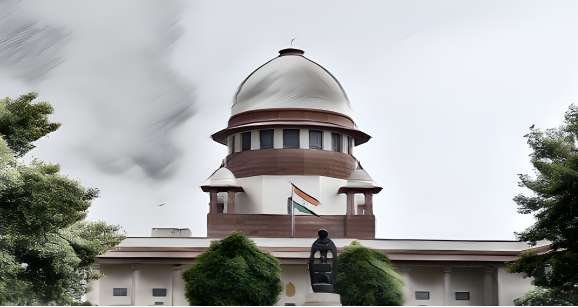
The doctrine of legitimate expectation is an important legal principle that governs the relationship between citizens and the state. It essentially holds that individuals have a legitimate expectation that the government will act in a certain way, based on its past actions or promises. The recent split verdict by the Supreme Court on whether tax exemption can be claimed based on the doctrine of legitimate expectation has brought this issue to the forefront.
The case in question involved a group of taxpayers who had been granted tax exemptions under a government scheme for the development of certain areas. However, when the government subsequently amended the scheme and withdrew the tax exemptions, the taxpayers argued that they had a legitimate expectation that the exemptions would continue to be granted. They therefore sought relief from the courts on this basis.
The Supreme Court was divided on this issue, with a bench of three judges delivering a split verdict. Two judges held that the doctrine of legitimate expectation could be applied in tax matters, and that the taxpayers in this case had a legitimate expectation that the tax exemptions would continue to be granted. The third judge, however, disagreed, holding that the doctrine did not apply to tax matters and that the taxpayers had no legitimate expectation in this regard.
The question of whether tax exemption can be claimed based on the doctrine of legitimate expectation is an important one, as it has implications for both taxpayers and the government. On the one hand, if taxpayers are allowed to claim exemptions based on a legitimate expectation, this could provide them with greater certainty and predictability in their tax affairs. It could also help to prevent the government from making arbitrary or capricious changes to tax laws and policies.
On the other hand, allowing tax exemptions to be claimed on the basis of a legitimate expectation could also limit the government’s ability to make necessary changes to tax laws and policies in response to changing circumstances. This could potentially undermine the government’s ability to raise revenue and manage the economy effectively.
The split verdict in this case highlights the complexity of this issue and the need for a careful balancing of competing interests. While the doctrine of legitimate expectation has an important role to play in ensuring fairness and predictability in government actions, it must be applied in a way that does not unduly limit the government’s ability to make necessary changes in the public interest.
Ultimately, the question of whether tax exemption can be claimed based on the doctrine of legitimate expectation will likely continue to be the subject of debate and litigation. It is an issue that requires a nuanced and balanced approach, taking into account the interests of both taxpayers and the government. As such, it is likely to remain a contentious issue in tax law and policy for some time to come.
Written by- Gunjan S Jain, 5th Year BBA LLB, St. Joseph’s College of Law





0 Comments